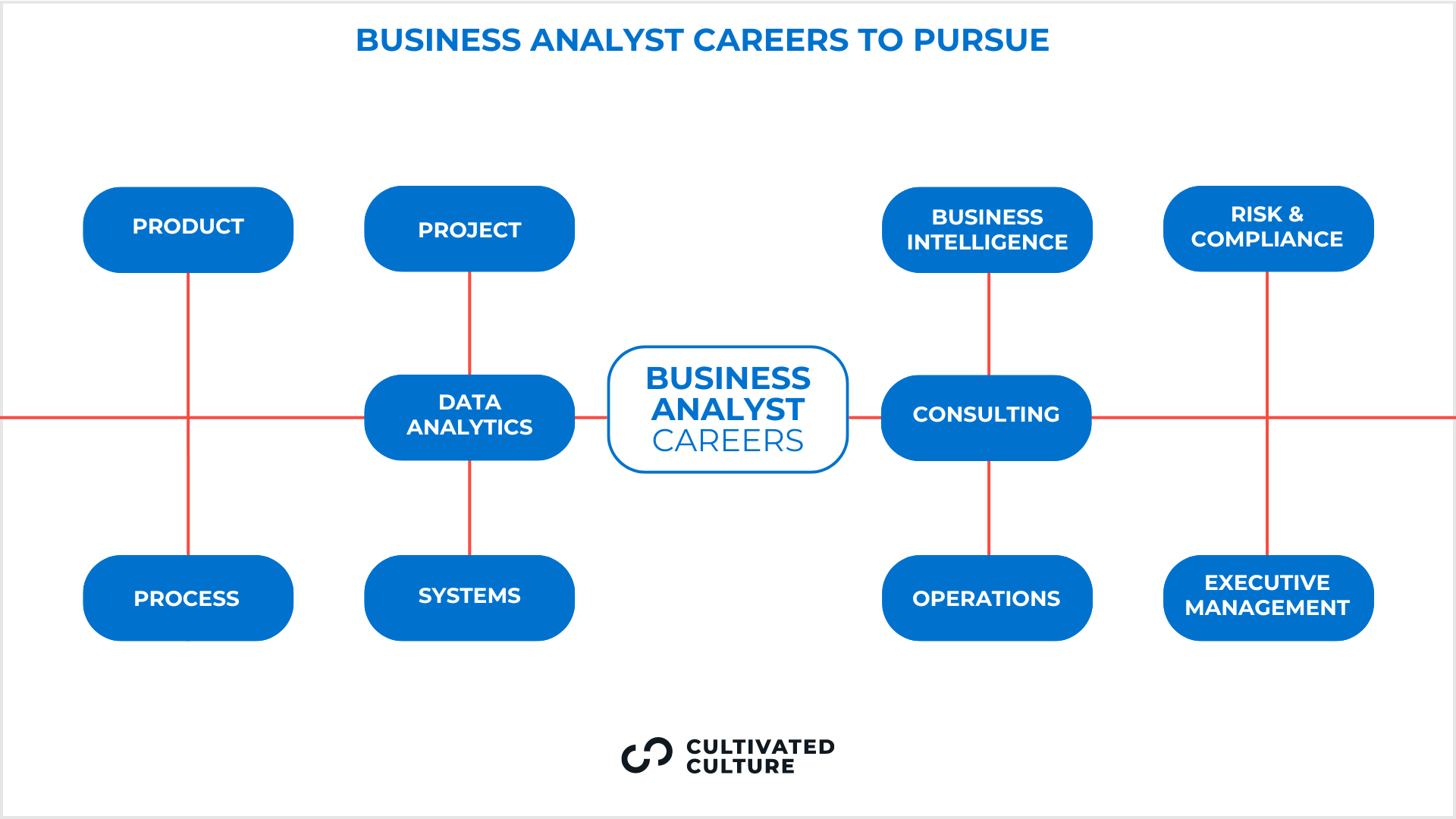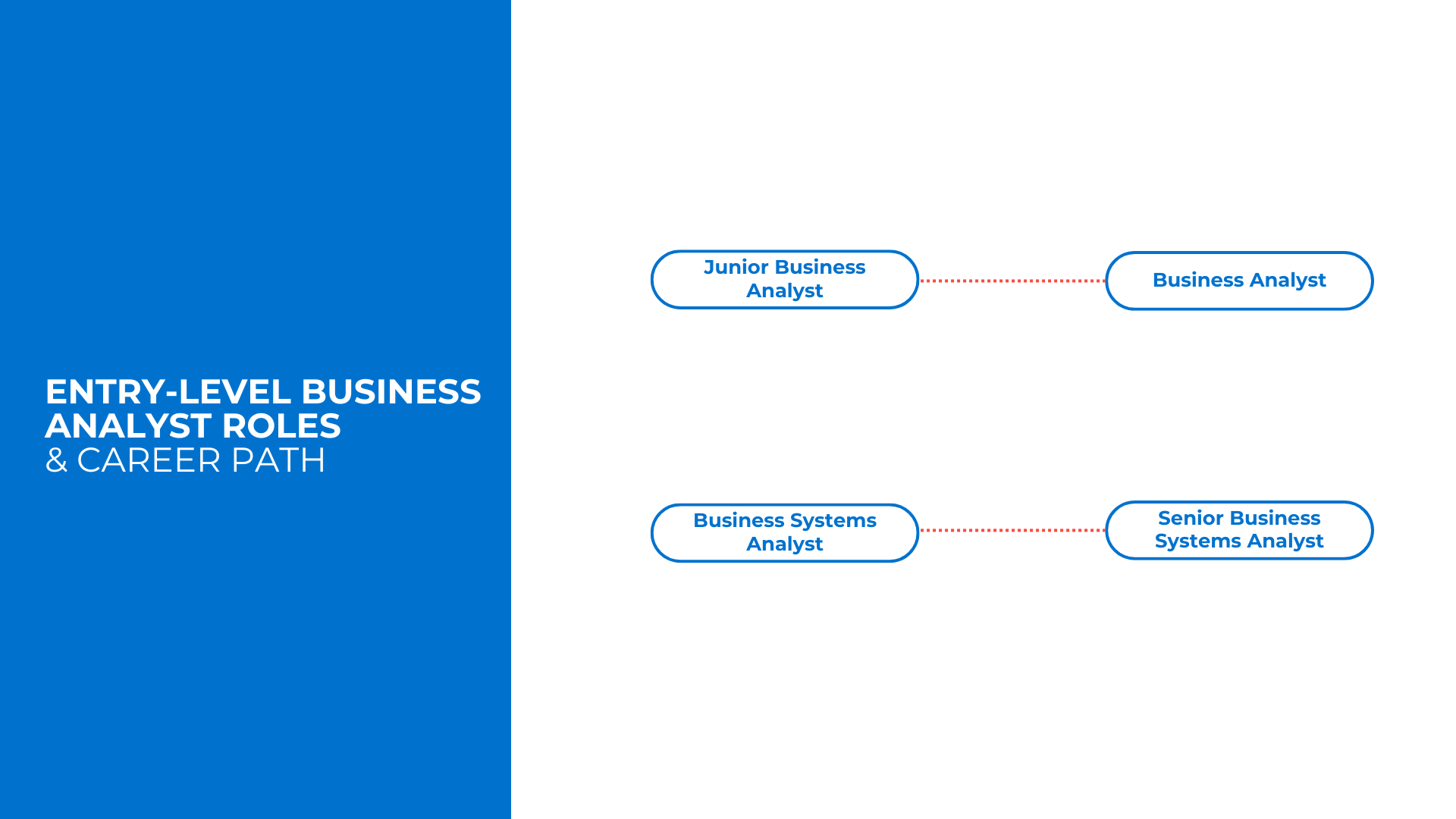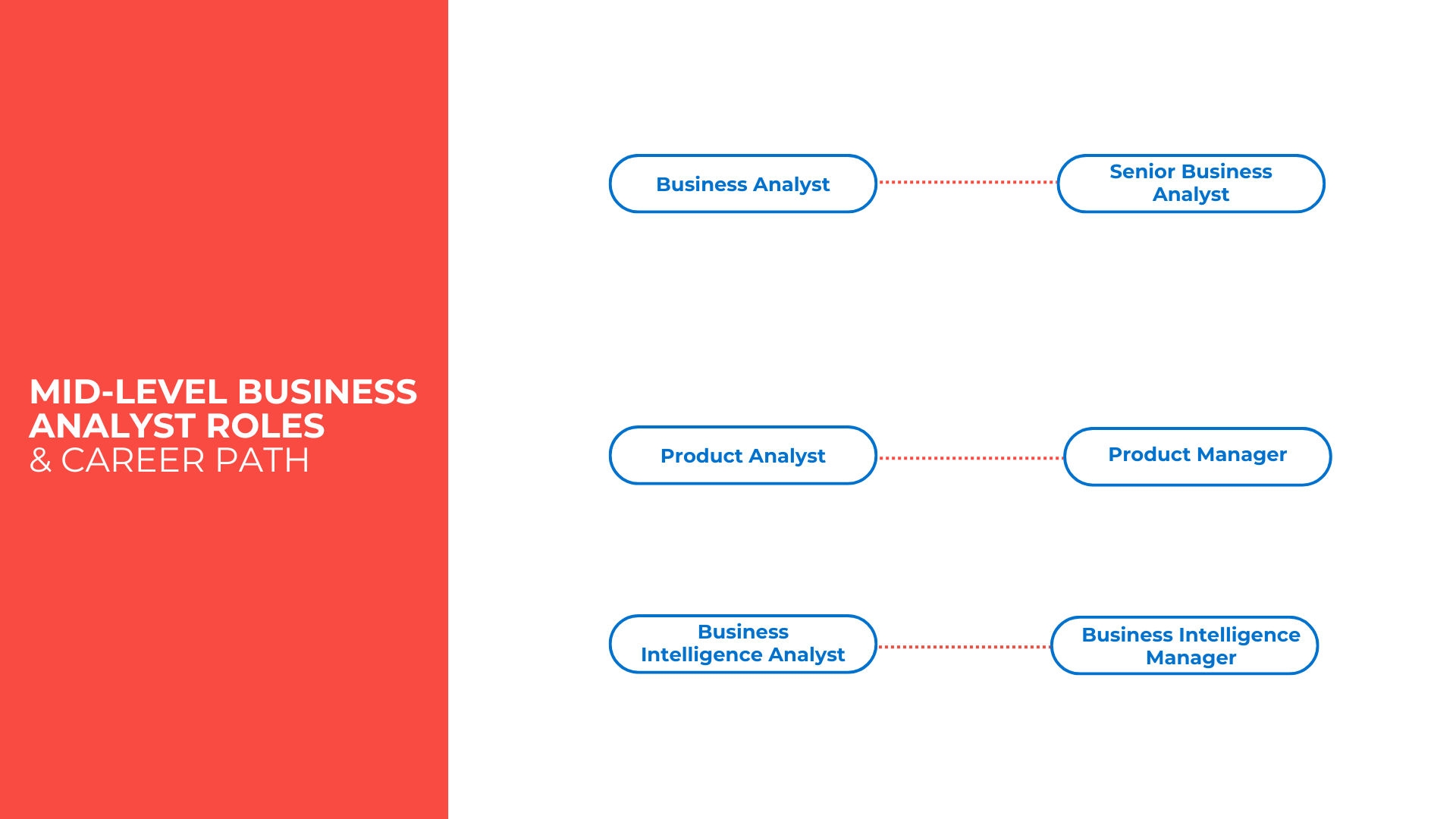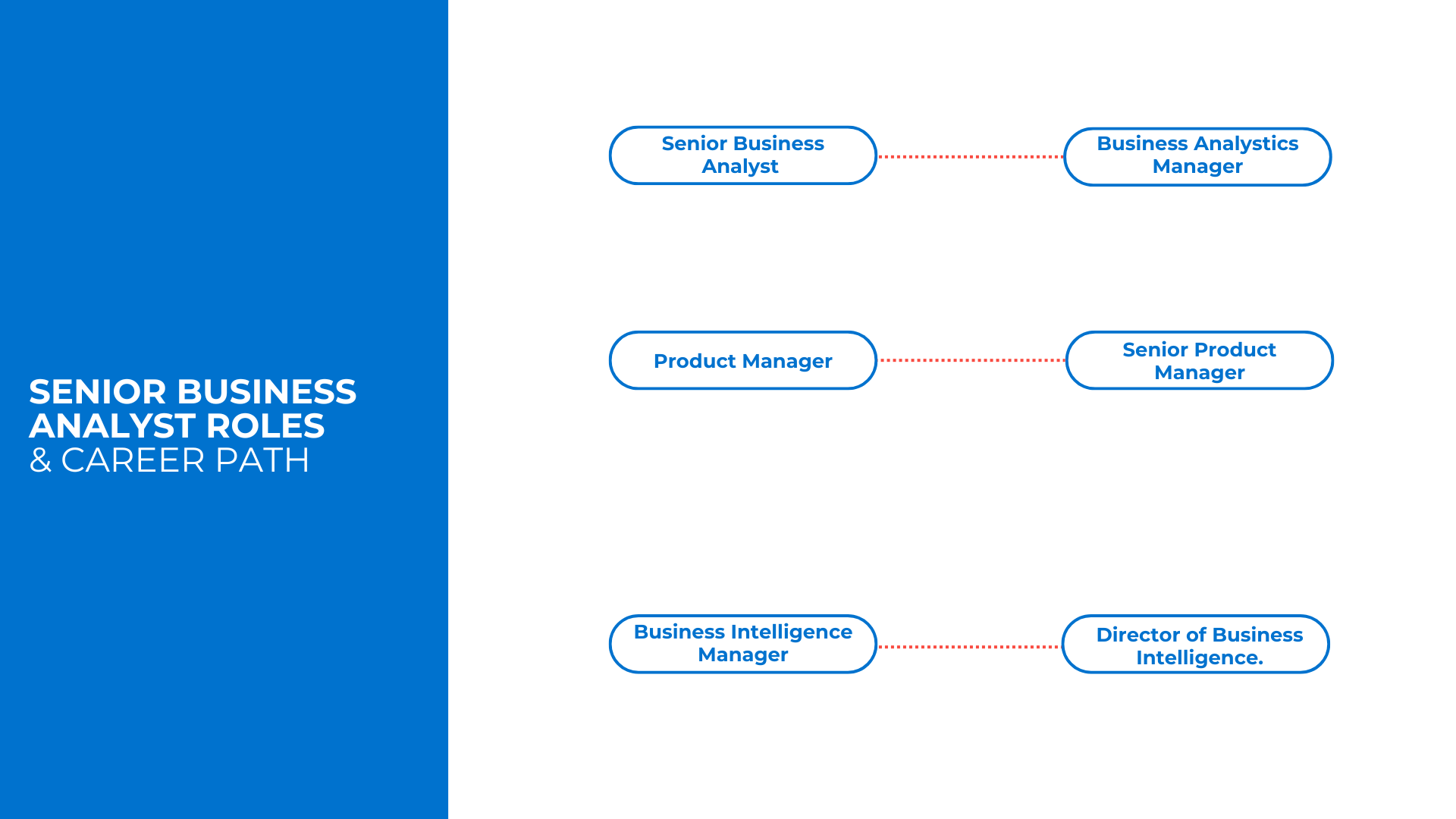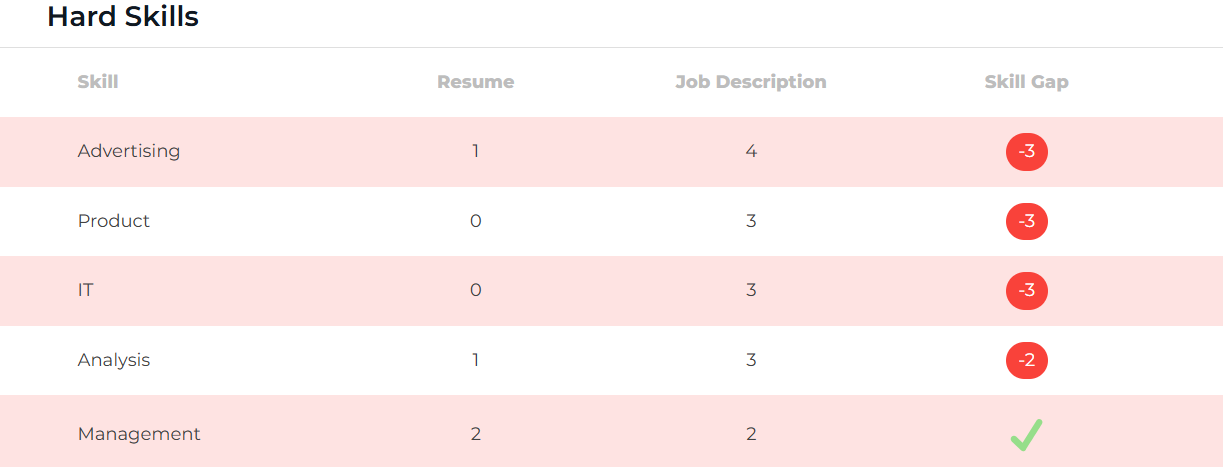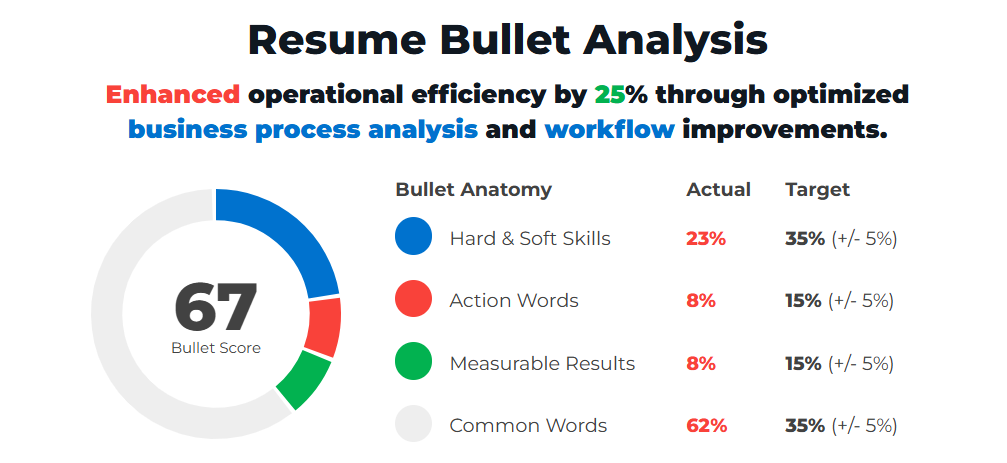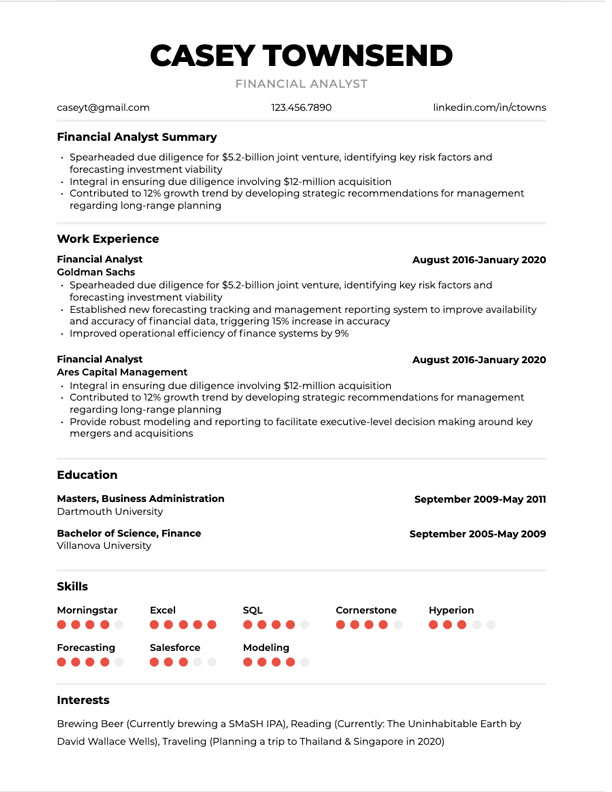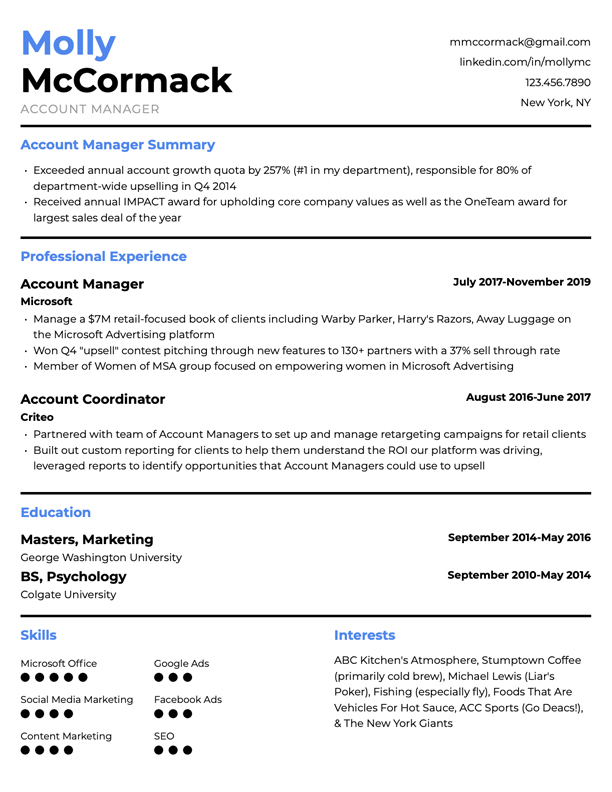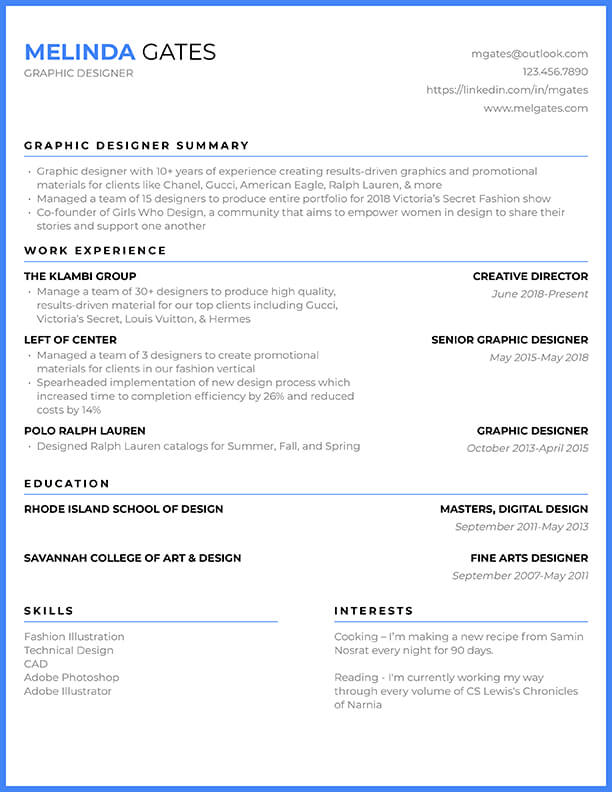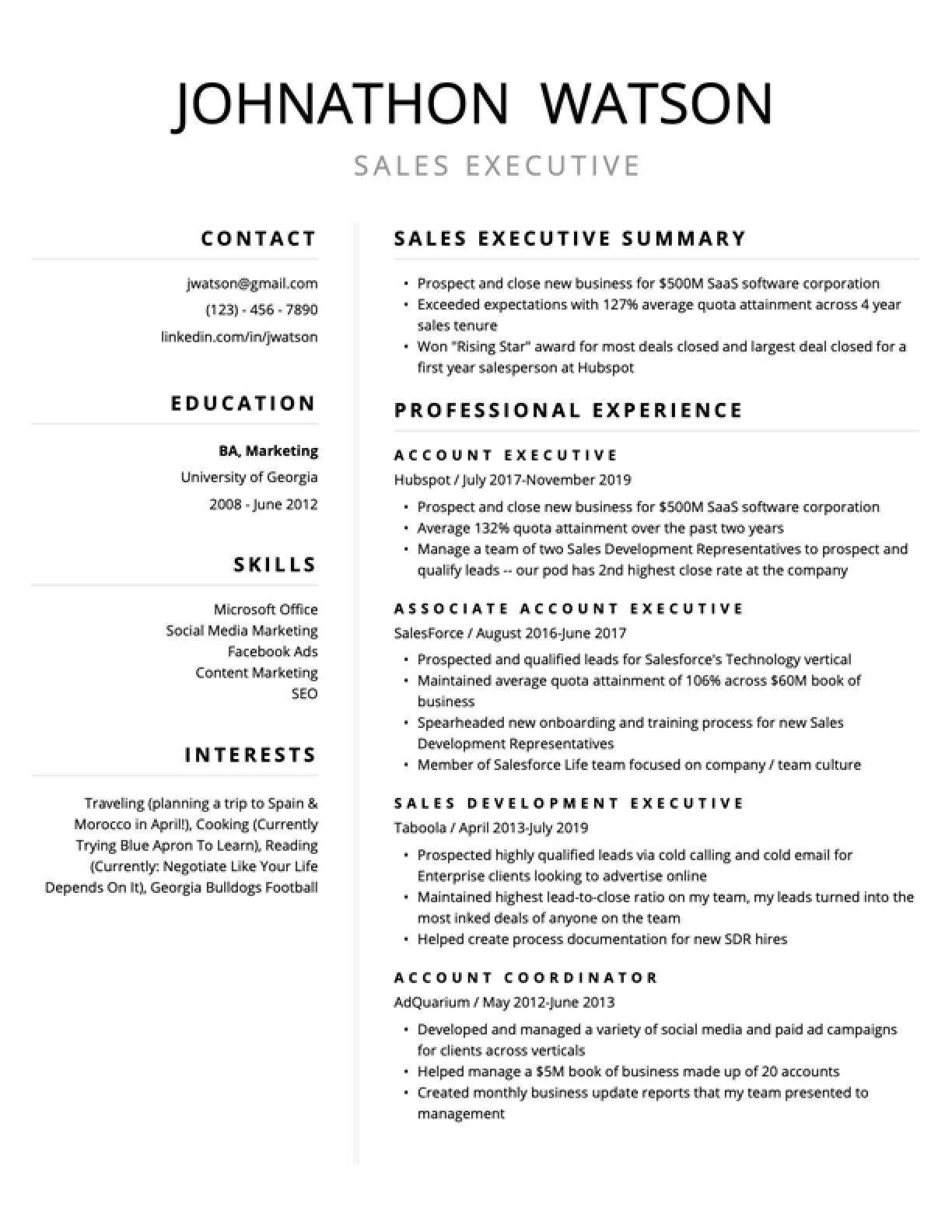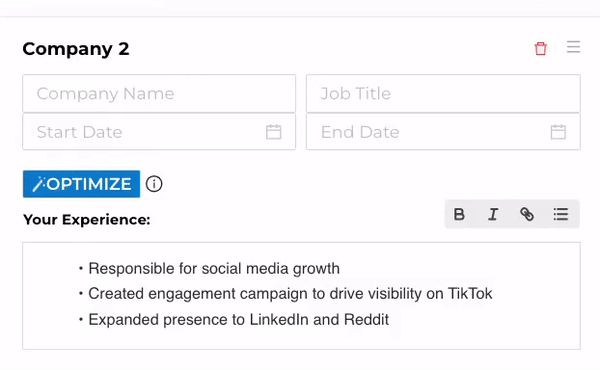So you decided to pursue a business analyst career path and are curious about what your career may look like in a few years?
Or, maybe, you're still deciding if a business analyst career path is the right track for you.
Either way, we've got you covered! In this article, we'll be sharing:
- Business Analyst Careers To Pursue
- The Business Analyst Career Path: Roles, Skills, & Progression
- Business Analyst Salaries (Entry-Level, Mid-Level, & Senior Level)
- Level-Up Your Game: How To Step Into A New Business Analyst Role
Business Analyst Careers To Pursue
There are several different career opportunities you can explore in the business analytics field. However, different industries might require more expertise in specific areas.
For example:
- A business analyst role at a tech company might focus on user experience, product management, and data-driven decision-making to enhance product offerings.
- A business analyst role at a healthcare company could emphasize process improvement, regulatory compliance, and patient care optimization to improve operational efficiency.
- A business analyst role at a finance firm could involve financial modeling, risk assessment, and portfolio analysis to inform investment strategies.
Not all companies will demand every specialty, but every specialty has a place within many different companies!
So, if you're thinking about which business analyst career you should pursue, it might be a good idea to first consider what kind of company you would like to work for.
Maybe you'd like to work for a company in big tech.
Maybe you're aiming for a recognized brand in healthcare.
Or, maybe, you'd like to join a startup.
You will find different business analytics opportunities with different scopes and setups. Having clarity about where you'd like to be within a certain time frame is key to deciding which path is right for you.
Most of the skills you need for a business analytics career are transferable across different roles, industries, and companies. The purpose of the exercise is to explore opportunities and decide where you'd like to be in the short term and eventually down the road!
💡 Pro Tip:
If you're struggling to find out where you'd like to be, check out the article “What Should I Do With My Life? A Step-By-Step Guide” and read it from top to bottom. If “business analytics” still feels like the right path, head back here and continue reading!
Once you've set your mind on your career path, it's time to understand what roles might be a good fit for you.
The Business Analyst Career Path: Roles, Skills, & Progression
We've selected the most common business analyst roles for each level and their job descriptions. Take a look below!
Entry-Level Business Analyst Roles
Most people begin their business analyst careers in roles such as:
Junior Business Analyst
This role offers broad exposure to different business analytics activities and doesn't usually require extensive experience.
📝 Junior Business Analyst Job Description: Responsible for assisting in gathering and analyzing data to help organizations make informed business decisions.
✅ Skills Required: Strong analytical skills, familiarity with Excel and SQL, and basic understanding of business processes.
⬆️ Possible progression: Junior Business Analysts can progress into a Business Analyst role.
Business Analyst
This role involves working with teams to ensure that business requirements are aligned with organizational goals and processes.
📝 Business Analyst Job Description: Responsible for analyzing business needs, documenting requirements, and recommending solutions to improve efficiency.
✅ Skills Required: Proficiency in business analysis, understanding of business processes, and problem-solving abilities.
⬆️ Possible progression: Business Analysts can move into a Senior Business Analyst role.
Mid-Level Business Analyst Roles
With experience, mid-level roles often involve greater responsibility, such as leading projects or small teams. Common mid-level roles include:
Business Analyst
At this level, professionals are responsible for identifying business needs and determining solutions to business problems.
📝 Business Analyst Job Description: Responsible for analyzing business processes, gathering requirements, and recommending solutions to improve efficiency.
✅ Skills Required: Strong analytical skills, project management, and proficiency in tools like SQL and Excel.
⬆️ Possible progression: Business Analysts can advance to roles like Senior Business Analyst or Business Analytics Manager.
Product Analyst
This role involves analyzing product performance and customer data to help guide product development.
📝 Product Analyst Job Description: Responsible for evaluating product success, monitoring key performance indicators, and supporting product strategy.
✅ Skills Required: Understanding of product lifecycle, data analysis, and communication skills.
⬆️ Possible progression: Product Analysts can move into positions such as Product Manager.
Business Intelligence Analyst
This role requires proficiency in BI tools and the ability to translate data into actionable insights.
📝 Business Intelligence Analyst Job Description: Responsible for designing and creating reports and dashboards that inform business decisions.
✅ Skills Required: Proficiency in SQL, experience with BI tools like Power BI or Tableau, and data storytelling skills.
⬆️ Possible progression: Business Intelligence Analysts can progress to roles like Business Intelligence Manager.
Senior-Level Business Analyst Roles
Senior-level roles often require greater strategic oversight and leadership. Common roles at this level include:
Senior Business Analyst
This role involves overseeing complex projects, guiding junior analysts, and communicating insights to stakeholders.
📝 Senior Business Analyst Job Description: Responsible for leading business analysis initiatives, interpreting data, and providing strategic recommendations.
✅ Skills Required: Advanced problem-solving, project management, and strong communication skills.
⬆️ Possible progression: Senior Business Analysts can move up to roles like Business Analytics Manager.
Product Manager
This role focuses on the strategic direction and success of a product, requiring deep knowledge of product development and market trends.
📝 Product Manager Job Description: Responsible for defining product vision, strategy, and roadmap, and ensuring product-market fit.
✅ Skills Required: Product development, leadership, and strategic thinking.
⬆️ Possible progression: Product Managers can advance to roles like Senior Product Manager.
Business Intelligence Manager
This role oversees the entire BI process, from data collection to reporting, and requires the ability to manage BI teams.
📝 Business Intelligence Manager Job Description: Responsible for managing BI tools, developing data strategies, and providing insights to support decision-making.
✅ Skills Required: Leadership, project management, and proficiency in BI tools.
⬆️ Possible progression: Business Intelligence Managers can progress to roles like Director of Business Intelligence.
Business Analyst Salaries (Entry-Level, Mid-Level, & Senior Level)
Now that we’ve covered the most common business analyst career paths, you might be asking yourself what the pay range is for each role.
To answer this question, let’s head over to one of our favorite tools for salary research: Glassdoor.
Glassdoor is one of the world’s top job and recruiting websites, where users can anonymously provide information about their companies – including their current salary. Glassdoor provides an average salary range for various roles based on the information sent by its users.
According to Glassdoor, the base salary for the most common business analyst roles in 2026 are:
Business Analyst Roles:
- Junior Business Analyst (Entry-Level): $61K – $102K / year base pay
- Business Analyst (Mid-Level): $71K – $120K / year base pay
- Senior Business Analyst (Senior-Level): $99K – $139K / year base pay
Product Analysis & Management Roles:
- Product Analyst (Entry-Level): $65K – $110K / year base pay
- Product Manager (Mid-Level): $95K – $161K / year base pay
- Senior Product Manager (Senior-Level): $104K – $153K / year base pay
Business Intelligence Roles:
- Business Intelligence Analyst (Entry-Level): $79K – $128K / year base pay
- Business Intelligence Manager (Mid-Level): $122K – $161K / year base pay
- Director of Business Intelligence (Senior-Level): $135K – $205K / year base pay
Level-Up Your Game: How To Step Into A New Business Analyst Role
Whether you're looking for an entry-level job in business analytics or aiming to advance in your business analytics career, it's important to know that you don't necessarily need a graduate degree or specialization to move up the business analytics career ladder. Your unique experience and skills can go a long way, as long as you learn how to sell them!
1. Run A Resume Scan To Find Out Skill Gaps In Your Target Role
Wondering if you are the right fit for that target role you've been eyeing?
We've got you covered.
Here's a simple, step-by-step guide to find out if you have the skills to land a job in business analytics you've:
- Copy the job description of the business analyst role that sparked your interest
- Head over to ResyMatch.io (or use our shortcut below)
- Grab a copy of your most updated resume
- Upload your resume on the left side
- Paste the job description on the right side
- Hit “Start Resume Scan”
Boom! ResyMatch will compare and score your resume against the job's description and identify missing skill gaps, such as:
ResyMatch will also make sure your resume is ATS compatible (ATS is a software that recruiters often use to track candidates through the hiring process). And of course, ResyMatch will provide suggestions and outline best practices you can use to edit and improve your resume!
Use our shortcut below to get started:
2. Update Your Resume With Compelling Resume Bullets
After you've compared your resume against your target job description, you will likely find yourself in one of two scenarios:
-
- You have some missing skills that you'll need to master before taking on a new role — if that's the case, you can take action and start building those skills through online courses and a portfolio strategy.
OR…
-
-
- You have already mastered most of the skills — if that's the case, all you need to do is update your resume with compelling resume bullets, leveraging the keywords found on your resume and job description scan.
-
To get started, you'll want your resume bullets to have just the right amount of hard and soft skills, action words, measurable results, and common words.
This means a compelling resume bullet for someone applying for a Business Analyst role might look something like this:
Enhanced operational efficiency by 25% through optimized business process analysis and workflow improvements.
This bullet focuses on hard and soft skills specific to business analytics, while also showcasing measurable results!
To help you write the perfect resume bullet, we've created ResyBullet.io, a free resume bullet analyzer that helps you write your resume in a way that grabs attention and illustrates value. Simply copy and paste your resume bullet below to begin your analysis:
ResyBullet will analyze and score your resume bullet and give you actionable insights for improvement.
Here's how our resume bullet scored on ResyBullet:
If you're a visual learner, check out our video that walks you through the step-by-step of writing a crazy-effective resume bullet:
3. Build A Visually Appealing, ATS-Friendly Resume
Now that you've updated the content on your resume, it's time to transfer it over to an awesome layout that's also ATS-friendly.
We recommend using a resume template so you can save the time you'd normally spend designing your resume and instead allocate it to your job search.
You can use ResyBuild.io, a free AI resume builder, to easily build and customize your resume in no time. Just pick one of the templates below and get started:

Free Job-Winning Resume Templates, Build Yours In No Time.
Choose a resume template below to get started:
Choose from 8 proven templates and easily create, edit, and customize your resume. ResyBuild's AI assistant also helps you craft personalized, job-winning bullets in a single click. Simply add your experience, hit “Optimize,” and watch the magic happen.
4. Don't Apply Online — Do This Instead
The most common next step in the process is to start applying for business analyst roles.
While applying online can absolutely be the next step in your job search, the truth is, it will only get you so far. In fact, only 2% of resumes submitted for the average open role end up reaching the interview stage.
Sure, optimizing your resume will boost your chances of being a part of that 2%.
But some estimates, like this one from the Wall Street Journal, show that 80% of hires come from referrals.
This means your best shot at landing the role you've been eying is through networking.
And no, we're not talking about attending conferences, events, and meetups. We're talking about a fresh approach that really builds relationships and gets your resume at the top of the resume pile at companies like Microsoft, Google, Uber, and more.
You can read all about it in our flagship guide for effective job searching:
Read More: How To Get A Job Anywhere Without Applying Online
Final Notes
Whether you're just starting out or looking to advance in your business analyst career, getting clarity on the possibilities ahead of you can help you navigate your career with more ease.
Just don't forget: your career path isn't set in stone. Jobs and career goals will often evolve with life transitions. Always remember that your career should adapt to fit your life and not the other way around.


















